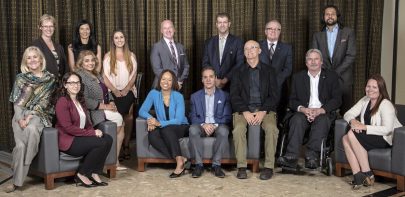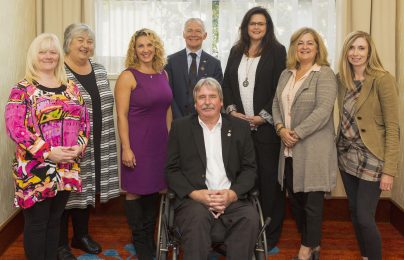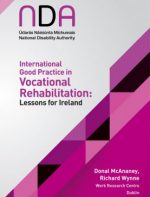
Following a Consensus Based Disability Management Audit (CBDMA) conducted in 2009 under a special initiative in the province of BC, a pilot DM program incorporating best practices was implemented at one health authority and a cross section of long-term care facilities. When the pilot showed that the program could make a significant difference both in cost savings and in much improved return to work outcomes for healthcare workers, collective agreements were negotiated including language around the “Enhanced Disability Management Program” (EDMP) with the various healthcare employers covering 150,000 healthcare workers in four bargaining associations in seven regional health authorities and more than 200 long-term care / community care facilities in the province. Please click the link below to review further details on the process undertaken in the development of the EDMP across the healthcare sector in BC. More Information






